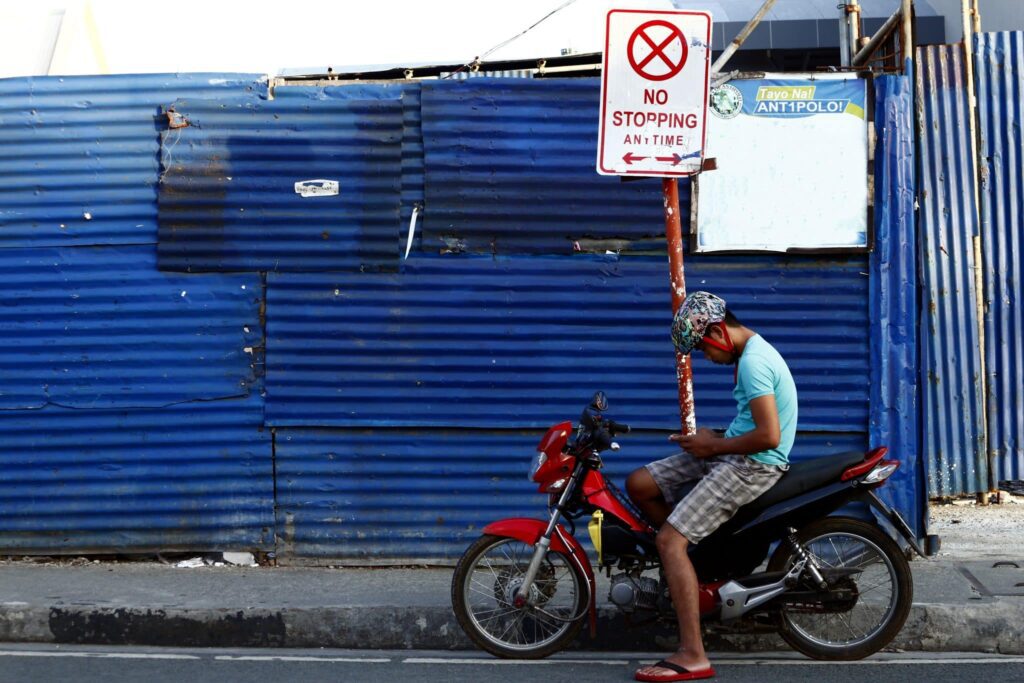Philippine Department of Information and Communications Technology (DICT) Undersecretary for e-Government David L. Almirol Jr. says the recent integration of blockchain technology into the country’s digital government ecosystem will significantly improve the trust and security.
The government introduced blockchain integration four months ago, as reported by CoinGeek. It is to be implemented as part of an initiative called eGovchain.
According to a GovInsider report quoting the DICT head, the first phase of the integration involves the national identification system, data exchange platform eGovDX and digital government super app eGovPH.
Prior to the introduction of the blockchain initiative, the eGovDX platform had been used to coordinate and facilitate the exchange of information between government institutions without secure exchange of sensitive data.
This will now be possible because, according to Almirol Jr, the central idea of the integration is to make digital government operations more secure, improve trust and transparency and enable the secure exchange of sensitive information between agencies.
The second and third stages of blockchain integration will involve other components of the digital government architecture and will be managed by two separate entities.
The official says he is aware of the challenges of integrating blockchain into digital government services and is already taking steps to manage the situation.
“DICT addresses these challenges by fostering public-private partnerships and launching technical pilot programs to facilitate smooth integration,” the official said, as quoted by GovInsider.
“Users can decide which government agencies will have access to specific details, ensuring privacy and security. Multi-factor authentication and secure data storage further reduce the risk of unauthorized access.
Almirol Jr reveals that the government is also exploring the possibility of “implementing the project at all levels of government” and that it “also plans to conduct a public survey and consultation before the end of the year to gather feedback valuable and guarantee the success of the project deployment. both eGovchain and eGovEncrypt.
According to Almirol Jr, this is part of the government’s efforts to ensure that citizens fully benefit from the digital transformation underway in the country, headlined by an extensive digital identification program that now numbers over 90 million of people successfully registered.
Blockchain technology and AI, meanwhile, will be on the agenda at the upcoming Innovation Summit in Davao City, Philippines. The event, in its second edition, will take place on November 6 and 7 and will bring together many stakeholders from the technology industry and government, reports the Philippine News Agency.
Blockchain is increasingly used for different applications aimed at improving the security of access to digital services. As an example, Bhutan’s National Digital ID recently announced it was moving to Polygon Blockchain, which officials described as a significant improvement in the security performance of the ID system.
Article topics
blockchain | digital government | digital identification | national identity card | Philippines | public-private partnerships

